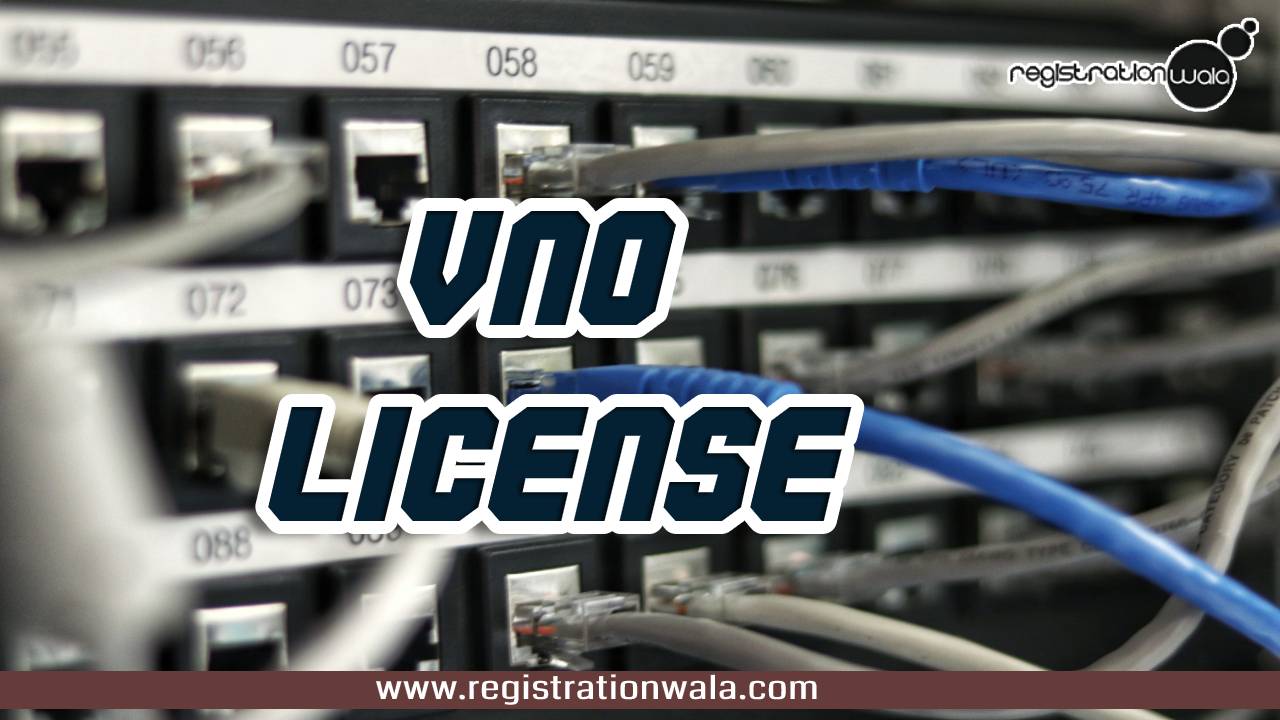VNO license are solely responsible for making internet services affordable in India. Empowering the service providers by letting them use virtual network instead of using hardware, this license has made it possible for remotest corners of India to be filled with people with internet access.
However, why has all of this came to pass? What are the perks that come with signing this unified license that we are singing so many praises for it? Answers to all these questions will be answered through this blog.
By the time you finish reading it, you’ll realize how VNO license is putting rural and urban on equal positions.
Understanding the X factor introduced by the VNO license
Before we understand what makes getting the UL VNO license so special, you should know what is VNO License.
Simply put, a VNO license in India is a permission that Department of Telecommunication gives to Internet Service Providers to use virtual network to provide internet access to the subscribers. Based on the size of the area in which you choose to provide the access, there are three categories of VNO:
- Category A: If your desire is not to limit your services to any one region, but instead you want to provide them to every corner of India, Category A VNO is for you. However, the VNO license fee to open this category of VNO is high.
- Category B: If you want to precisely provide services in the region that will generate the most profits, you can choose the Category B VNO. It makes it possible for you to provide internet services to one metropolitan state or city.
- Category C: For those among you who is a startup wanting to provide internet services to a small town or a village, choosing Category C VNO is the best choice. Another reason starting entrepreneurs favour this VNO category is because the VNO license cost to run it is the lowest.
So what’s the X factor introduced by the VNO License, it’s a combination of several reasons and some of them are below:
- Low cost of License: The VNO license cost of starting a VNO is lower than a standard ISP License. When you get to the stage of licensing process where you receive the Letter of Intent asking you to pay the bank guarantees, you’ll notice that performance bank guarantee is not required. This reduces your licensing cost with a large margin.
- Low infrastructural requirements: As you’re an intermediary without your own network scheme, you don’t need to spend any money implementing your own network. You’ll be provided with the hardware required to provide internet services from the telecom company whose bandwidth you’re reselling.
- Easy licensing process: All you have to do to get VNO license is apply online. And when it gets to the stage where you’d need to pay a physical visit to the department, you can appoint a DOT consultant – us – to go on your behalf.
How the advantages of this license have placed rural and urban development on the same spot?
To know how you’d not find much difference in the internet provided in rural areas from internet provided in urban areas, we have to dig deeper into the above mentioned advantages.
Other Useful Content: Pre Roll Packaging Design
- The low cost of the license has motivated entrepreneurs from rural areas to invest into low cost but high quality internet services. As the government is already giving them many incentives, they can use high quality hardware equipment to easily setup their businesses. That way, there is no difference remaining in the quality of internet provided in urban and rural areas.
- The low infrastructural requirements have paved the way for telecom companies to reach out to rural regions and look for VNO service providers. The telecom companies can gain the benefit of penetrating more regions across India and the VNO operators can get a chance to start a new business venture.
- The easy licensing process doesn’t make the rural entrepreneurs go through arduous steps to obtain the license. With DOT consultants active in many regions of rural India, these entrepreneurs can easily get assistance that they need to file the application.
It’s the combination of low cost, less requirements and ease of licensing that has led to rural internet services being equal to urban internet services in India.
